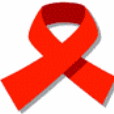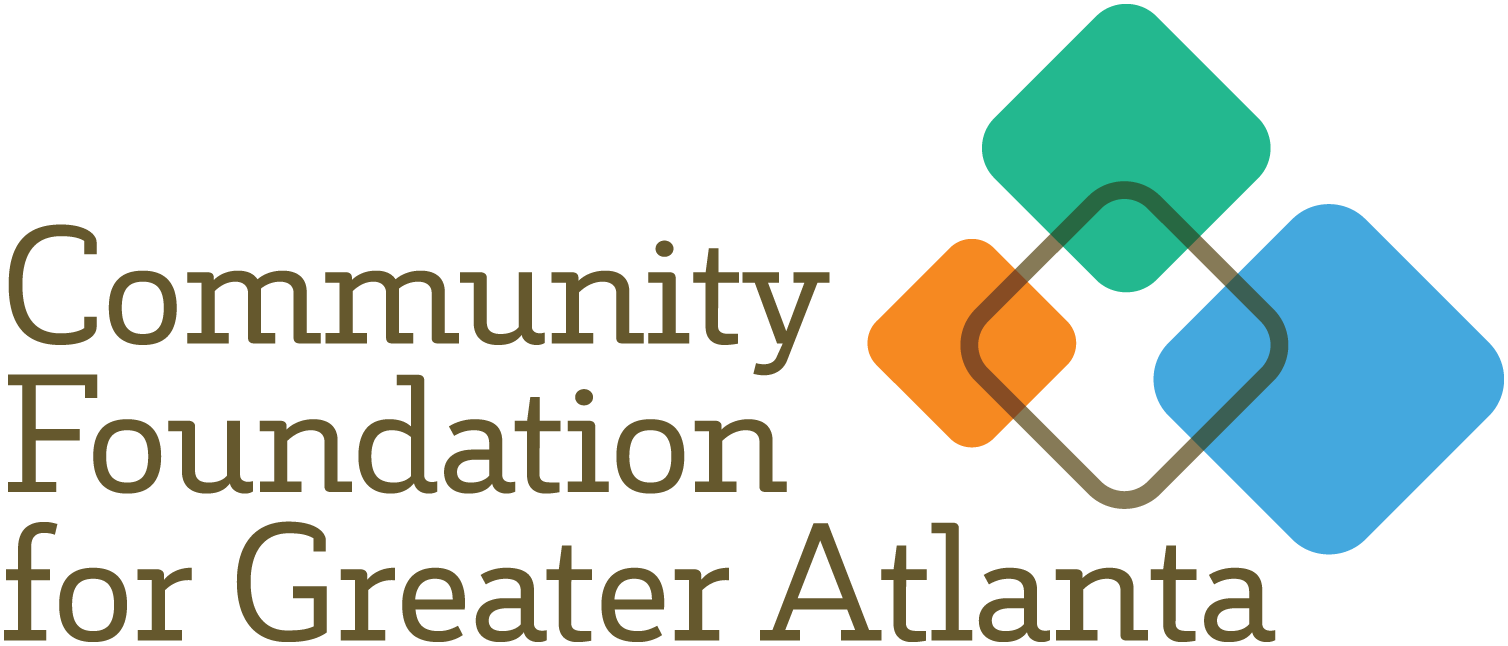 The Community Foundation for Greater Atlanta is pleased to announce that it has received a $100,000 grant from the Elton John AIDS Foundation. This grant will support work done by The Community Foundation in 2014 focusing on the need to help metro Atlanta area nonprofit HIV/AIDS service organizations prepare for, and adapt to, changes occurring to the health delivery system. This work is informed by the Atlanta AIDS Partnership Fund* and its grantees and will focus on five objectives.
The Community Foundation for Greater Atlanta is pleased to announce that it has received a $100,000 grant from the Elton John AIDS Foundation. This grant will support work done by The Community Foundation in 2014 focusing on the need to help metro Atlanta area nonprofit HIV/AIDS service organizations prepare for, and adapt to, changes occurring to the health delivery system. This work is informed by the Atlanta AIDS Partnership Fund* and its grantees and will focus on five objectives.
“The South has some of the highest levels of poverty and uninsured individuals, factors that complicate the prevention and treatment of HIV infection,” said Barron Segar, board member for the Elton John AIDS Foundation. “We have a very thorough approval process and this grant had the impact we were looking for.”
By working with Atlanta AIDS Partnership Fund grantees, The Community Foundation has learned a great deal about the evolution of the HIV/AIDS service sector in metro Atlanta and its most pressing needs. Recently, it became clear to The Community Foundation that the development and implementation of strategic, technical assistance options would benefit grantees and enhance the investment the Atlanta AIDS Partnership Fund has been making in its award recipients.
Thanks to funding from the Elton John AIDS Foundation, The Community Foundation for Greater Atlanta will work with select metro area HIV/AIDS nonprofit service organizations on five goals that address the sector’s most pressing need in our region – focusing on preparing for, and adapting to, the Affordable Care Act including ensuring continuity of care during this time of transition for major health care delivery. AIDS service organizations and medical clinics will need to find new ways to provide care to people living with HIV/AIDS.
“This grant from the Elton John AIDS Foundation will help us provide training and capacity building to AIDS service organizations,” said Alicia Philipp, president of The Community Foundation for Greater Atlanta. “This is critical as research shows that people living with HIV/AIDS who have access to and maintain their care can live healthy, productive lives for decades. We want to help these members of our community – these friends, families, neighbors and co-workers – and the nonprofits that have provided care for them throughout the years to make the transition to a new health system as smoothly as possible.”
Challenges for the HIV/AIDS service sector are increasing in our region due to circumstances such as Governor Nathan Deal’s decision to not expand Medicaid eligibility or to establish a state health exchange. Due to the implementation of the Affordable Care Act and potential changes in the Ryan White CARE Act, the sector will now be moving from a segregated service environment (as utilized under the Ryan White CARE Act) into an environment where people living with HIV/AIDS will now need a primary medical home.
Thanks to the partnership with the Elton John AIDS Foundation, The Community Foundation for Greater Atlanta will work on five goals:
- Offer training to AIDS service organizations and their case management staff to serve as licensed patient navigators
- Provide funds to AIDS service organizations and/or community centers to facilitate mergers, consolidations and/or joint programming
- Provide funds for advocacy efforts to ensure Georgia’s post-2014 Medicaid expansion occurs and includes a full-range of covered services and care for people living with HIV/AIDS ( including those at high-risk for infections)
- Provide funds for advocacy efforts to monitor Georgia’s AIDS Drug Assistance Program for access issues and challenges
- Engage an evaluator to assess progress and impact
According to Kathy Palumbo, director of Community Partnerships at The Community Foundation, due to the passage of the Affordable Care Act, there are opportunities to develop new business models for some of the region’s AIDS service organizations. “There is a chance for them to provide training and contract services to other healthcare delivery organizations. AIDS service organizations have developed a good continuum of care and service model that can be replicated and used for helping people living with chronic health problems. From community outreach to testing to getting connected with medical care to housing, the holistic approach to care demonstrated by AIDS service organizations is a strong model.”
Categories
- Arts, Culture and Creative Enterprises6
- Book Club26
- Community107
- COVID-1934
- Donor Stories39
- Events30
- Great Grant Stories62
- Higher Ground168
- Housing and Neighborhoods14
- Impact Investing28
- Income and Wealth12
- Media22
- News158
- Nonprofits24
- Philanthropic Resources131
- Place-focused6
- Power and Leadership8
- Press Releases99
- Publications62
- TogetherATL20
- Uncategorized335
